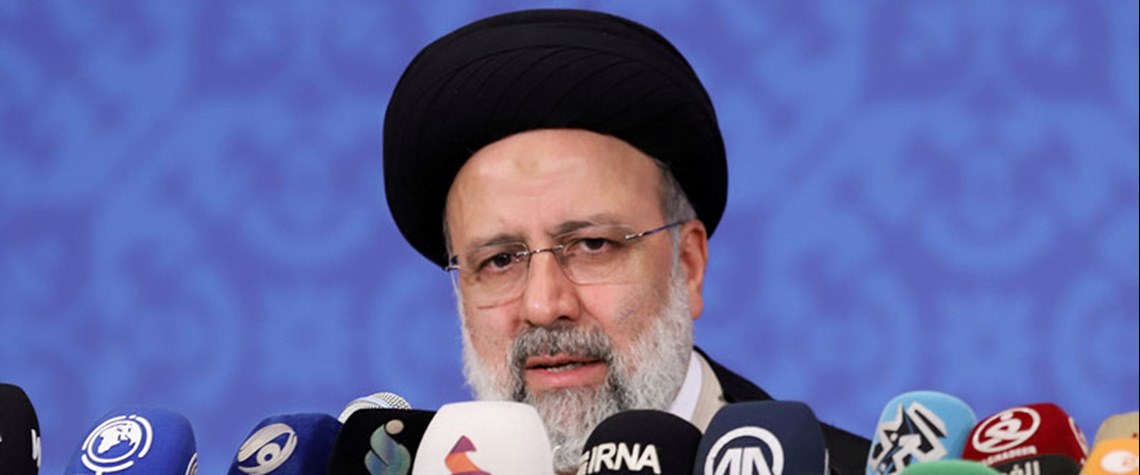Economic realities may force Iran to the table
Hardline rhetoric and positions apparently further apart than ever may obscure appetite for a deal
Iran and the P5+1—the US, the UK, France, China, Russia and Germany—remain no closer to a nuclear deal after six rounds of talks. It is difficult not to feel that previous cautious optimism may be ebbing away as we enter a seventh round. The key question, though, may be whether Iran can afford not to reach an agreement. The election of Ebrahim Raisi, mooted as a potential successor to the ailing 82-year-old supreme leader Ayatollah Ali Khamenei, has ushered in a new period in Iranian politics. Unsurprisingly, the alignment of conservative centres of power in Tehran has irked diplomats in Washington. Tit-for-tat tanker attacks in the Mid-East Gulf in recent weeks have also escalated—bringing

Also in this section
18 February 2026
With Texas LNG approaching financial close, Alaska LNG advancing towards a phased buildout and Magnolia LNG positioned for future optionality, Glenfarne CEO Brendan Duval says the coming year will demonstrate how the company’s more focused, owner-operator approach is reshaping LNG infrastructure development in the North America
18 February 2026
The global gas industry is no longer on the backfoot, hesitantly justifying the value of its product, but has greater confidence in gas remaining a core part of the global energy mix for decades
18 February 2026
With marketable supply unlikely to grow significantly and limited scope for pipeline imports, Brazil is expected to continue relying on LNG to cover supply shortfalls, Ieda Gomes, senior adviser of Brazilian thinktank FGV Energia,
tells Petroleum Economist
17 February 2026
The 25th WPC Energy Congress, taking place in Riyadh, Saudi Arabia from 26–30 April 2026, will bring together leaders from the political, industrial, financial and technology sectors under the unifying theme “Pathways to an Energy Future for All”







